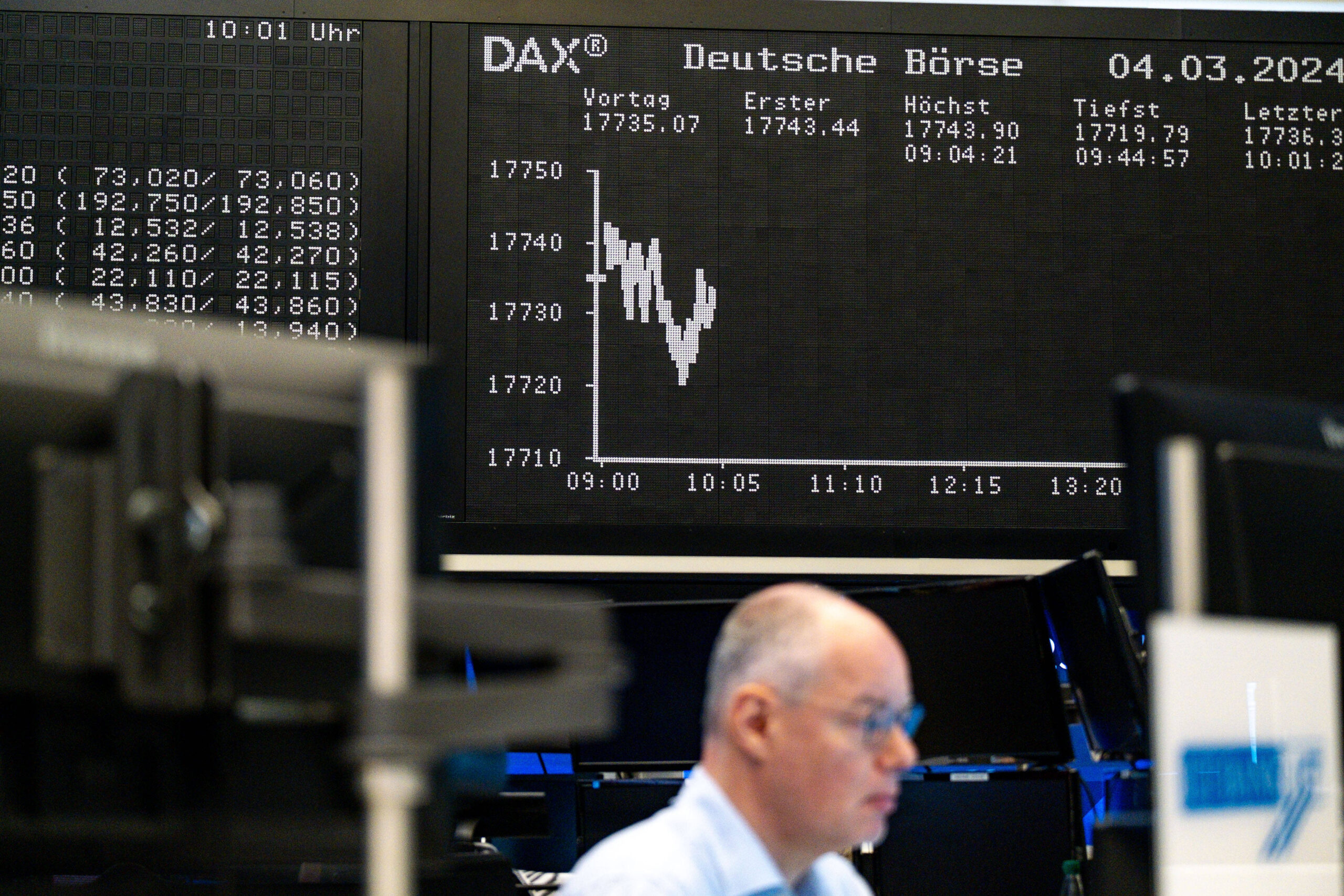Now Reading: As EU acts to stop greenwash, funds drop climate claims from their names
-
01
As EU acts to stop greenwash, funds drop climate claims from their names
As EU acts to stop greenwash, funds drop climate claims from their names

Analysis has revealed that financial institutions dropped terms such as “ESG” (Environmental, Social, and Governance) and “sustainable” from the names of many of their funds in the year leading up to the implementation of new European Union regulations aimed at curbing greenwashing in late May. The rules, set by the European Securities and Markets Authority (ESMA), prohibit funds with sustainability-related terms from investing in companies deriving a significant portion of their revenue from coal, oil, gas, or highly polluting electricity generation. These funds must now demonstrate that 80% of their investments align with the ESG objectives indicated in their titles.
The study identified State Street, UBS, and Northern Trust as the fund managers that made the highest percentage of name changes to comply with the new regulations. Approximately 674 funds in total have altered their names in this manner. The move was seen as a response to the misdirection of investor funds, which were meant to support environmentally conscious initiatives but ended up being used for conventional purposes.
Instead of divesting from non-sustainable investments, many fund managers have opted to rename their funds with terms like “screened”, “selection”, or “committed”. For instance, Invesco changed its “Sustainable Eurozone Equity Fund” to the “Transition Eurozone Equity Fund”. Funds labeled with terms indicating a transition or screening approach can still invest freely in oil, gas, and coal businesses under the new EU guidelines.
While some fund managers have chosen to retain their green names while divesting from fossil fuel companies, others, like BlackRock, have made adjustments to comply with the regulations. BlackRock, for example, renamed 56 funds totaling $51 billion to remove sustainability terms, while keeping the ESG designations for 60 funds valued at $92 billion.
Morningstar’s analysis revealed that ESG funds that did not rebrand themselves as less green were investing less in fossil fuel companies like TotalEnergies, Galp, and Eni compared to the previous year. The rules, affecting funds marketed in EU countries, aim to bring clarity and transparency to sustainable investing practices.






